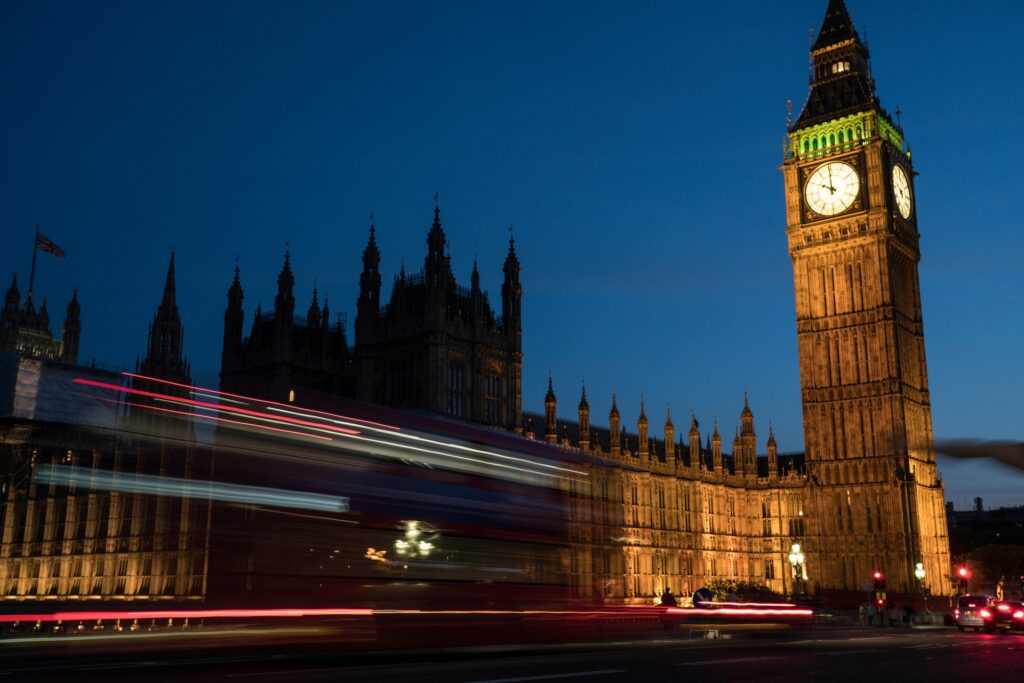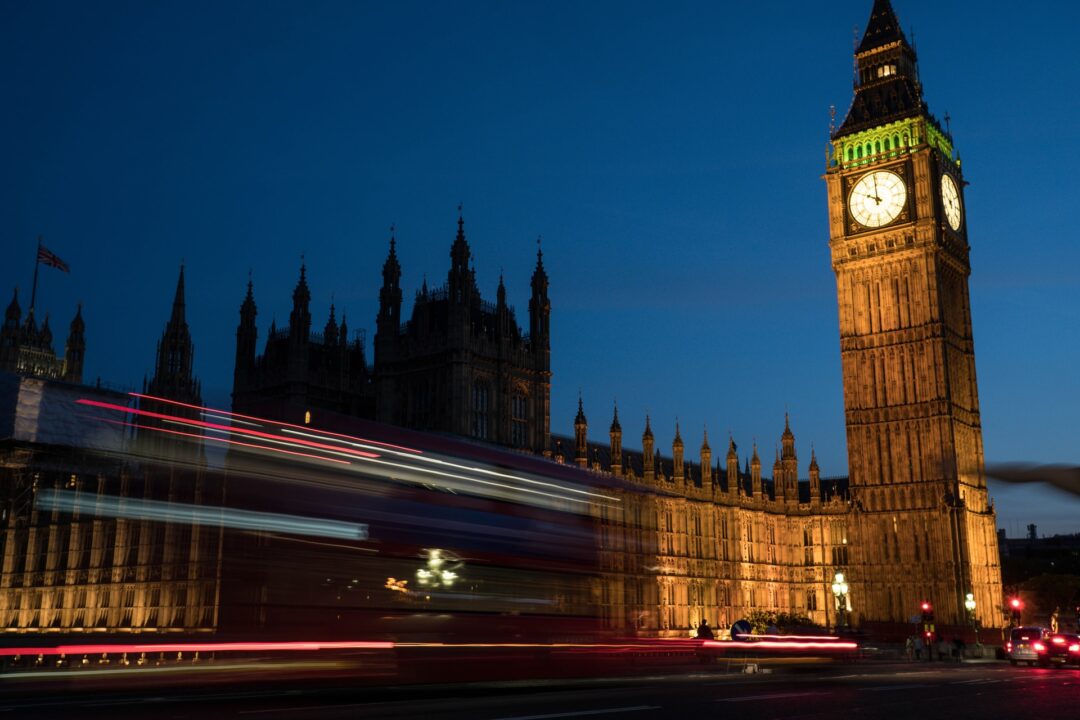The College has issued an interim response to the government’s press release announcing a ‘Dental Recovery Plan’, pending publication of the plan itself which is expected later today.

Commenting on the proposals in the release, Dr Abhi Pal FCGDent, President of the College of General Dentistry, said:
“The government has today set out a range of initiatives intended to help tackle some of the many longstanding problems facing NHS dental provision in England. These include some potentially positive new initiatives, which we welcome, alongside previously made announcements. However, while some further positive changes to the dental contract are anticipated later this year, the Dental Recovery Plan does not represent the more fundamental contract reform which is required, nor will the additional £210m in funding behind the plan, welcome as it is, restore universal access to NHS dental care.
“We welcome the proposed Smile For Life programme, with its focus on intervening early to prevent oral diseases in children. Tooth decay remains the leading cause of hospital admission for 6–10-year-olds in England, and a preventative approach has the potential to reduce the need for restorative treatment. However, we wait to see whether sufficient resources will be invested for the programme to be a success.
“The additional temporary funding aimed at those who have been unable to access dental care for two years or more is much needed. However, we would like to see consideration of the ongoing care of individuals benefitting from this initiative.
“The intention to bring NHS dentistry back to some of the many communities who have lost access to it is also very welcome. While mobile units may help in the short term, bricks-and-mortar dental surgeries should remain the backbone of routine ongoing care delivery, and appropriate funding should be put in place to support the re-establishment of NHS practices to address lack of access and meet the volume of need.
“The planned ‘golden hello’ scheme brings implicit recognition of the difficulties experienced by dental practices in the recruitment and retention of clinical staff to deliver NHS dental care. However, we are concerned that this short-term offer may fail to overcome many practitioners’ long-term concerns about embarking on a career in NHS care delivery, among which are burnout, lack of career progression and insufficient recognition for enhanced skills.
“We are already looking forward to the expansion in the number of dental school places available for dentistry and dental hygiene students, and to the implementation of medicines exemptions for dental hygienists and therapists. Greater recognition and use of the full range of skills of all team members will enable the delivery of more care and make NHS dentistry more attractive to dental professionals. We also look forward to further proposals which empower the wider dental team when the next set of contractual changes are consulted upon.
“We also recognise that an increase in the minimum UDA value will support a small number of practices to continue delivering NHS dental care. And we support the intent to introduce community water fluoridation in areas of high need as this has the potential to reduce the prevalence of oral diseases and the need for invasive interventions.
“Finally, while dental practices struggle to recruit and many patients struggle to access care, there are many dental professionals who have qualified and practised overseas and who could be providing care here in the UK, but are unable to do so due to the waiting lists for the Overseas Registration Exams. So we welcome the possibility of provisional registration, and await the detail with interest.”
This response may be updated following publication of the plan.


